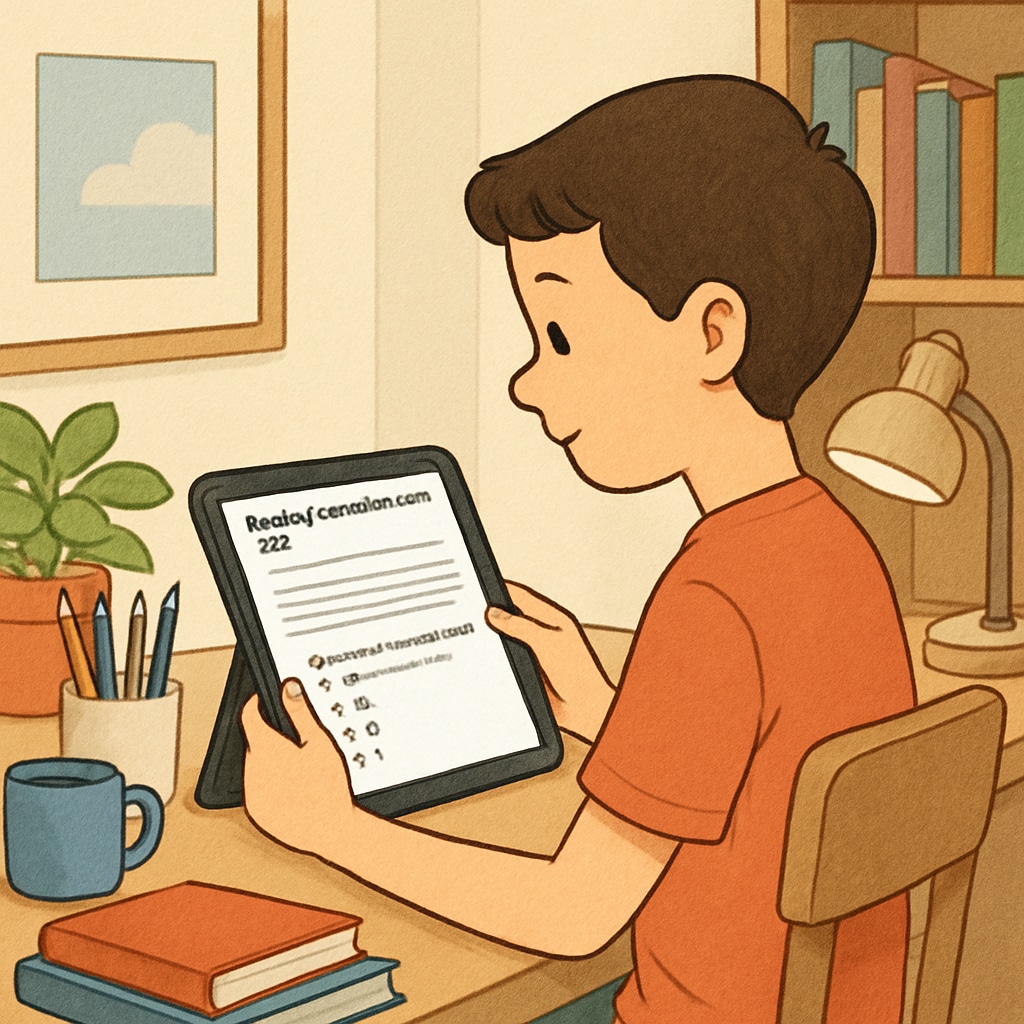The “A.R. reading system,” which combines reading comprehension tests with an engaging points-based reward system, has been a popular tool in schools for years. However, its high cost has left many educators and parents searching for free alternatives to encourage fourth graders to read and grow their skills. Creating a system that mimics the success of A.R. while remaining budget-friendly is not only possible but also highly beneficial for developing a lifelong love of reading among young learners.
Why Move Beyond the Traditional A.R. Reading System?
Accelerated Reader (A.R.) provides structured reading comprehension tests and a rewards system, making it easy to track student progress. However, the program’s subscription fees and limited customization options can be barriers for some schools and parents. Additionally, some critics argue that A.R. focuses too heavily on extrinsic rewards, like points and prizes, which may undermine intrinsic motivation for reading.
By exploring free alternatives, educators can design systems tailored to their students’ needs, emphasizing both comprehension and enjoyment without financial constraints.

Features to Replicate from the A.R. Reading System
Before diving into free alternatives, it’s important to understand the key features of A.R. that contributed to its popularity. An effective replacement should ideally include:
- Reading Comprehension Tests: Short quizzes that assess students’ understanding of the books they read.
- Points-Based Rewards: A system that tracks and rewards reading achievements, motivating students to read more.
- Progress Tracking: Tools that allow teachers and parents to monitor students’ reading levels and growth over time.
- Book Recommendations: Suggestions aligned with students’ reading levels to ensure appropriate challenges.
When exploring free options, these elements can serve as a guiding framework for designing an alternative system.
Top Free Alternatives to A.R. for Elementary Educators
Several free tools and strategies can simulate the A.R. experience while fostering a genuine passion for reading. Here are some viable options:
1. Google Forms for Custom Quizzes
Google Forms is a versatile tool for creating reading comprehension quizzes. Teachers can design questions tailored to specific books, allowing for greater flexibility than A.R. Students can complete quizzes online, and their results are automatically recorded in Google Sheets for easy tracking.
Learn more about Google Forms.
2. Epic! Library
Epic! is a digital library offering thousands of age-appropriate books for free (with a paid premium option for additional features). The platform includes built-in quizzes for many titles, making it a great alternative to A.R. for both classroom and home use.
3. DIY Reading Log and Reward Chart
For a low-tech approach, teachers can create printable reading logs where students track the books they read. Pair this with a reward chart where students earn stickers, badges, or small prizes for reaching milestones. This system encourages intrinsic and extrinsic motivation while being fully customizable.
4. ReadTheory
ReadTheory is a free platform offering interactive reading comprehension exercises. It adapts to each student’s reading level, providing tailored content to improve their skills. While it doesn’t include a points system, it’s an excellent resource for fostering critical thinking and comprehension.

How to Foster Lasting Reading Motivation
While points and rewards can boost short-term engagement, the ultimate goal is to cultivate a lifelong love for reading. To achieve this, consider implementing the following strategies:
- Choice: Allow students to choose books based on their interests, even if they’re not at their exact reading level.
- Peer Sharing: Create opportunities for students to share their favorite books through book talks or recommendations.
- Reading Challenges: Organize class-wide or school-wide reading challenges with collective goals and rewards.
- Parental Involvement: Encourage parents to read with their children and discuss the stories together.
By emphasizing enjoyment and autonomy, educators can ensure that reading becomes a habit rather than a chore.
Conclusion
Replacing the A.R. system with free alternatives doesn’t mean sacrificing quality or effectiveness. By leveraging tools like Google Forms, Epic!, and ReadTheory, and by fostering intrinsic motivation, educators can create a robust reading program that enhances comprehension and inspires a love for books. With creativity and the right resources, the possibilities for encouraging young readers are endless.
What free alternatives have you tried in your classroom? Share your experiences and tips below!


